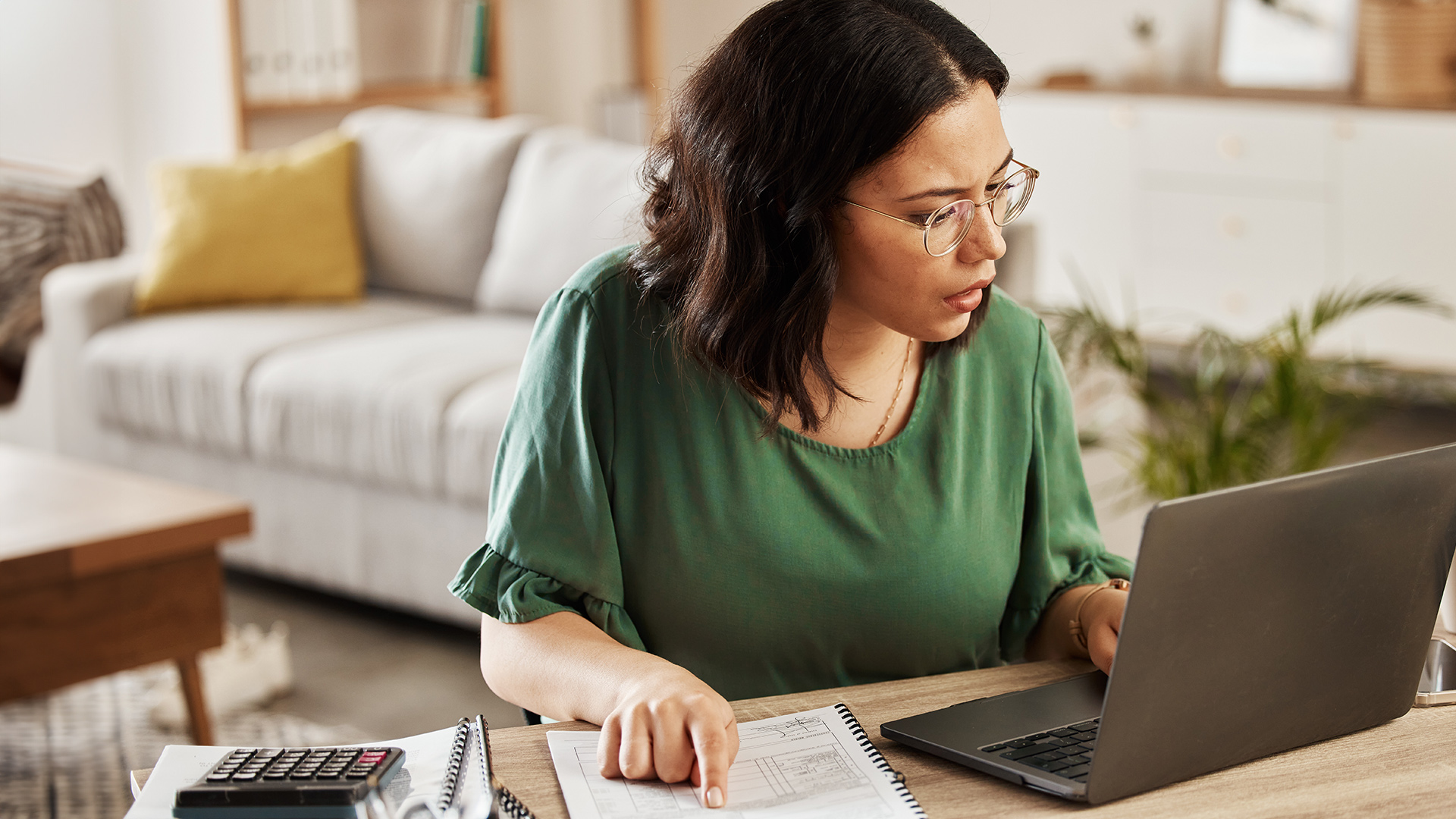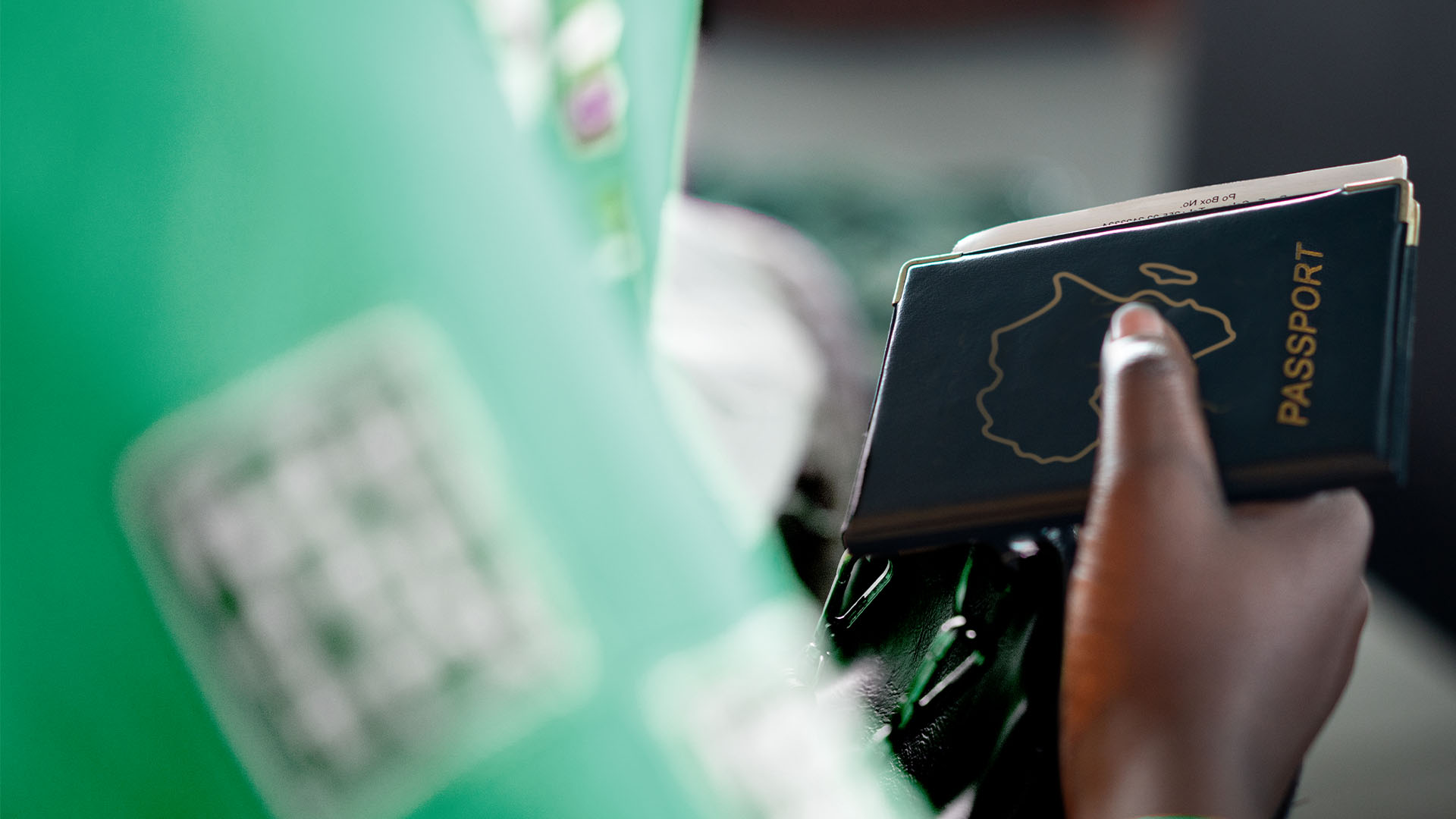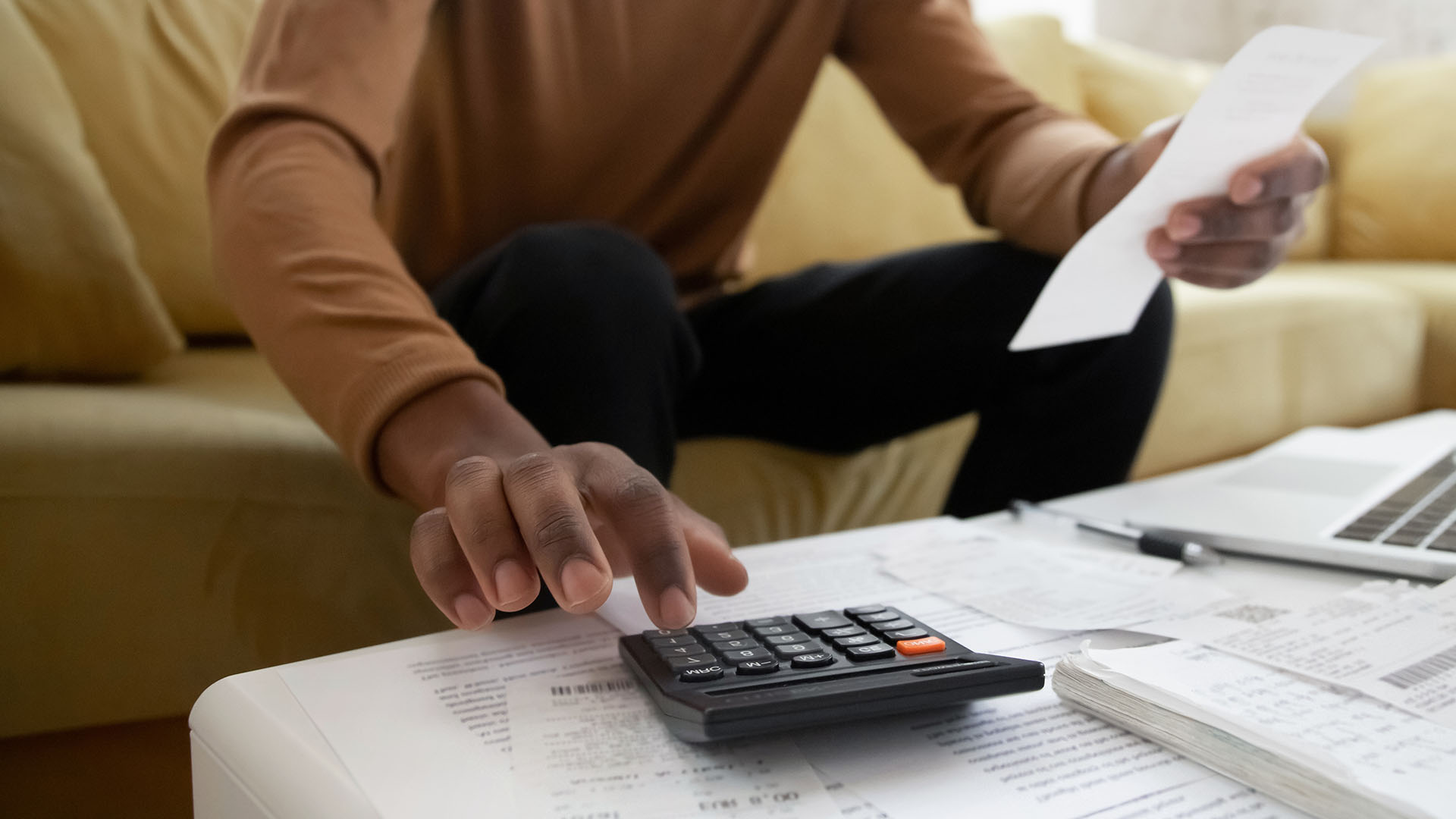Investing in a second residential property enables you to earn extra income by renting it out. However, this strategy comes with its own share of complications and business challenges. Whether you offer the property as a home or business premises for tenants on a long-term lease or let it as short-term holiday and business accommodation (perhaps through Airbnb), you and your tenants or guests are bound by legal regulations.
Areas that will concern you as a property owner include potential liability for any injury or damage that happens on the property, rent and rates restrictions, which parts of the upkeep of the property are the landlord’s responsibility and which are the tenants’, and who is liable for taxes and other costs. Here’s a list of basics you should be aware of.
Understanding the Rental Housing Act
The Rental Housing Act (RHA) regulates the relationship between tenants and property owners and provides the tools to deal with a standard appeal process if needed. Draft changes to the regulations were tabled in 2022 but have yet to be implemented.
The RHA lays out the rights and liabilities of both owners and tenants. These include:
- Lease agreement: These must be in writing and provided by the property owner. The RHA outlines the contents that a lease agreement should contain, and verbal lease agreements are no longer binding.
- Deposits: Although property owners are allowed to request deposits from tenants before they move in, they must invest the deposit into an interest-bearing account with a financial institution. Tenants have the right to receive receipts of all payments and proof of interest earned on deposits.
- Inspections: Both parties must inspect the property for any damages and confirm the owner’s responsibility to fix the problems.
You’ll also need to charge VAT on your goods and services if you meet the VAT threshold
- Habitable condition: Tenants have the right, which they can have enforced by law, to a space that is safe and habitable, with protection from the elements and other health threats. Tenants also have the right to essential services like water and electricity.
- Payments: Tenants are liable to pay rent and other charges such as water and electricity on the date agreed on in the written lease.
Airbnb hosting requirements
Airbnb is the largest online platform hosting short-term accommodation rentals. If you own a property that you use as an Airbnb, you are also governed by the provisions of the RHA, and you must comply with Airbnb rules specific to your area if you market your property on the platform. These include:
- Cleanliness: Airbnb implemented a cleaning protocol for their properties after the Covid pandemic. All Airbnb properties are bound by this protocol, which is covered in the general rules.
- Short-term rental regulations: South Africa has no specific short-term rental regulations. The RHA regulates the Airbnb relationship between property owners and renters. If you are renting a section of your house as an Airbnb, you may be subject to regulations under the Sectional Titles Act and other sectional-title legislation. If you’re an Airbnb host in Cape Town, the bylaws prescribe that you’re legally entitled to offer short-term rental for no longer than 30 days per booking.
- Insurance: Airbnb offers hosts AirCover for damage protection and host liability insurance. However, this does not replace normal homeowner’s insurance of general liability cover, which you should also have in place.
Tax and your rental property
If you’re earning an income on your property, whether as a long-term rental or as short-term holiday or business accommodation, you’re liable for income tax on the rental income you receive. SARS is also entitled to ask Airbnb to provide specific data about you and your business if you’re a host on the platform.
However, you can legally deduct certain expenses incurred in letting your property. Note that only business expenses qualify, not personal or capital expenses. Deductible expenses could include:
- Municipal rates and taxes
- Cleaning costs
- Airbnb host fees
- Estate agent fees
- Insurance
- Maintenance costs
You’ll also need to charge VAT on your goods and services if you meet the VAT threshold. Currently, you’re required to register for VAT if the total value of your rental income exceeds R1 million in any consecutive 12-month period. It’s your responsibility to evaluate and charge VAT on your rental income.
Are you buying, renovating, or building your dream home? Or investing in a second home or a rental property? Private Clients offers loans of up to 100% for properties up to R7.5 million. For first-time homebuyers we offer up to 109% loans to a maximum of R5 million.
Apply online to qualify for 1% cashback (up to R20,000) or speak to your banker. Terms and conditions apply.
This article is for general information only and does not constitute financial advice under the FAIS Act. Nedbank accepts no liability for any loss arising from reliance on this content. Please consult a qualified advisor before making financial decisions.








